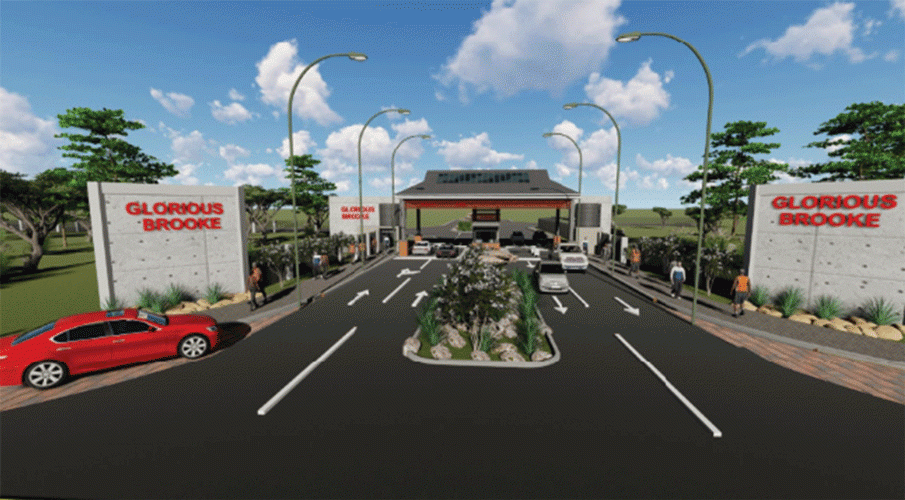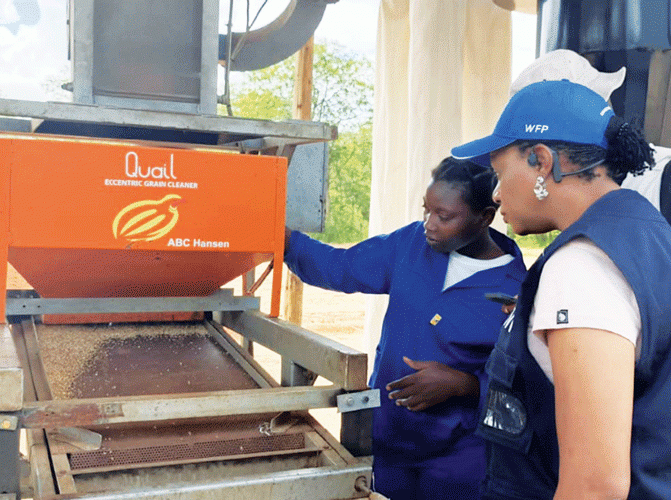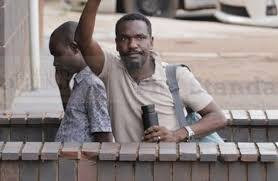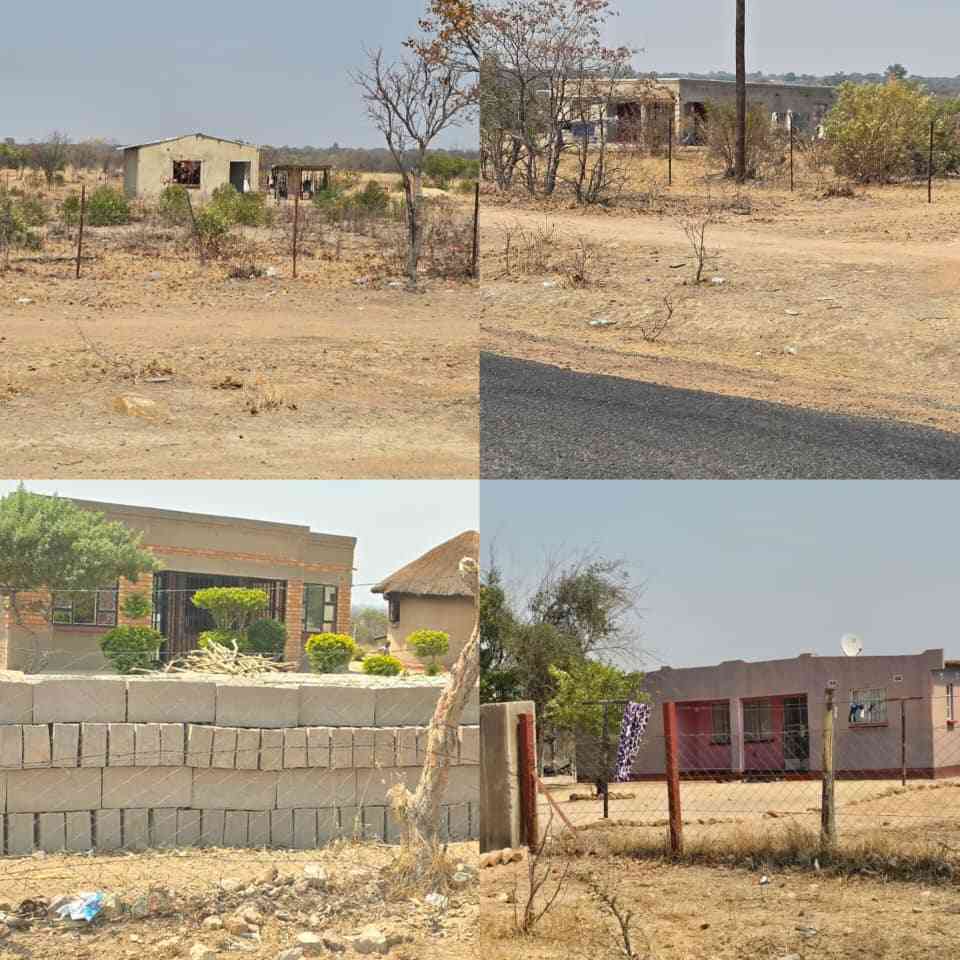
SOME traditional leaders in Vungu, Lower Gwelo, in the Midlands province are allegedly corruptly parcelling out land to gold panners, a development which has left small-scale farmers scrambling for pastures.
The development comes amid startling revelations that the village heads are pocketing between US$500 and US$600 through corrupt land deals.
Investigations by NewsDay revealed that gold panners, who come from as far as Shurugwi, Mbembesi, Zhombe and Silobela operating along Gweru River, have established homes in villages like Mxotshwa, Sinangeni, Mambanjeni and Ngaramatutha.
Previously, in between homesteads were fields, which have since been replaced by new residential properties separated by a patchwork of alleys and mopani trees.
In an interview, 47-year-old goat herder Mqondisi Msipha accused village heads of parcelling out land without taking into account small-scale farmers who have survived for years rearing goats and cattle and selling them for a living.
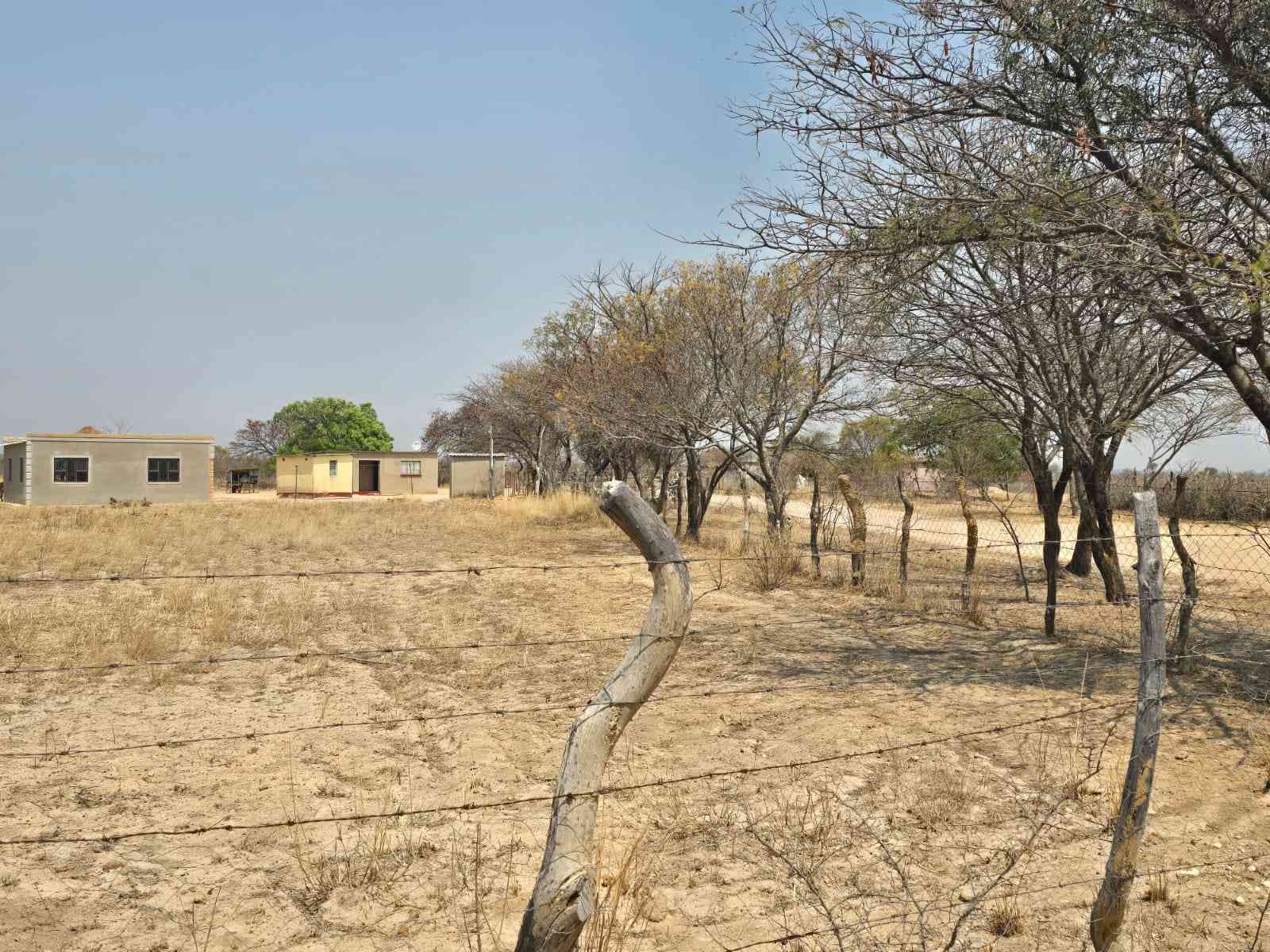
“The love for money has destroyed our villages. It’s like one big village now because there is no grazing land which used to separate our villages,” Msipha said.
“I remember when we were boys, we used to take our goats, donkeys and cows about 4km to Gwenjane River up to Makoro and there were no houses in between along the way.
- Veteran football administrator Chishanga dies
- Feature: Zim-A country at yet another crossroads
- ‘Tourism on the rebound’
- Midlands registers spike in drug abuse
Keep Reading
“We would sometimes forget that we were herding cattle as we enjoyed swimming in Gwenjane River or playing plastic balls,” Msipha recalled, pointing to an area which now has houses scattered all over.
Traditionally, according to Msipha, it was not easy for a new person to be allocated land in Mxotshwa or neighbouring villages.
Available land was given to the sons of the village. That is how difficult it was for one to get land.
Chief Bunina Chisadza, born Jabulani Madubeko Moyo, confirmed that Vungu district has turned into one big village.
He said it was difficult to strike a balance between urbanisation and preserving peasant farming while catering for livestock by making sure they have adequate grazing land.
“I agree that in Lower Gwelo, some areas which used to be grazing land have been turned into residential areas. This is because of the population increase and we end up having no option but to give residential stands to our children,” Chisadza said.
“However, this becomes difficult for people who keep goats, cows and donkeys and cannot find grazing areas. Now it’s like Lower Gwelo is only for residential stands. It has become very difficult to strike a balance between the growing population and preserving grazing land.”
Vungu Rural District Council chief executive Alex Magura said there was high demand for land in rural areas, which had contributed to the intrusion into grazing land.
“The development is a symptom of overcrowding, which is a characteristic of many rural areas around Zimbabwe. The population is increasing and there is continuous demand for land, which is a finite resource,” Magura said.
“The demand for land has led to encroachment onto grazing land. Coupled with an increase in the livestock population, this has placed a lot of pressure on the land. In my view, the long-term solution lies in the decongestion of the communal areas.
“This can happen through a general increase in employment opportunities in the national economy and a change in the view that all families should have a piece of land.”
He, however, advised farmers to adjust to modern ways of farming.
“There is also a need for a reorganisation of the rural economy to take into account the realities of the situation that there cannot be big pieces of land. Agriculture needs to be more intensive rather than extensive,” Magura said.
“Models of livestock farming need to change as well; the traditional model is fast dying due to increasing pressure on the land,” he added.
Ward 8 councillor Venencia Magama (Citizens Coalition for Change) reminisced the long-gone era of sprawling green pastures dotted with domestic animals.
She said the arrival of new residents, while undeniably beneficial, had placed a tremendous strain on the rural landscape.
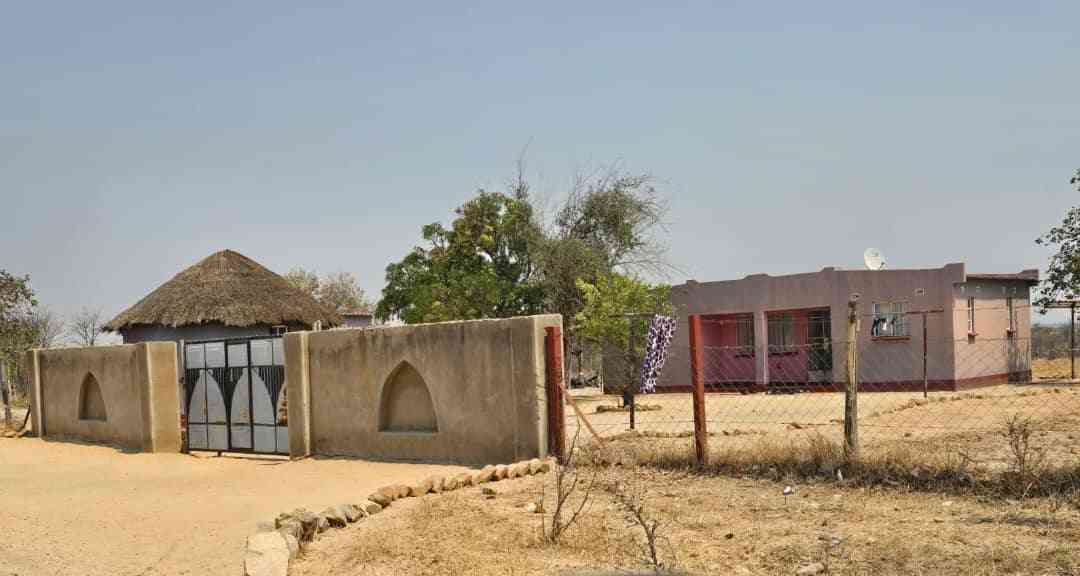
Vungu legislator Brown Ndlovu (Zanu PF) said the urban to rural migration was the major cause of the massive residential stands allocation.
He, however, called on farmers to adapt to new ways of farming like developing a goat-feeding system.



